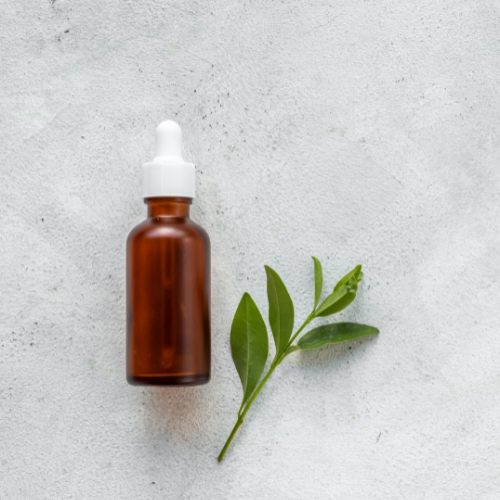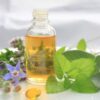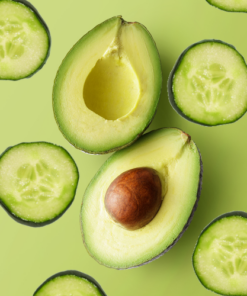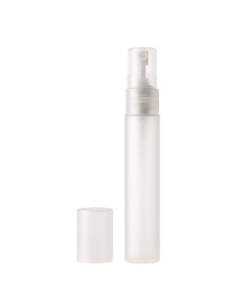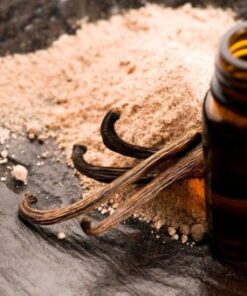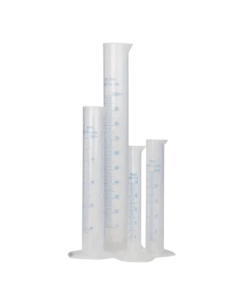Tea Tree Essential Oil – 10ml
R44,52
Tea Tree Essential Oil – 10ml – a fresh, crisp, and medicinal scent with earthy, woody undertones. Its distinctive aroma is clean and invigorating
9 in stock
Tea Tree Essential Oil – 10ml
Tea Tree Essential Oil, derived from the leaves of the Melaleuca alternifolia tree native to Australia, is widely known for its antimicrobial properties. It offers a variety of uses in skincare, haircare, and home care, making it an essential part of any natural wellness routine.
What Does Tea Tree Essential Oil Smell Like?
Tea Tree Essential Oil has a fresh, crisp scent with earthy, woody undertones. The clean, invigorating aroma purifies the air and creates a refreshing, therapeutic environment.
Benefits & Uses
-
Powerful Antiseptic – Known for its antimicrobial properties, Tea Tree Essential Oil effectively fights bacteria, viruses, and fungi. It’s ideal for treating acne, skin infections, and minor cuts.
-
Supports Healthy Skin – It helps clear acne, reduce blemishes, and soothe irritated skin. Tea Tree oil also balances oily skin by controlling sebum production.
-
Promotes Hair & Scalp Health – Tea Tree oil helps reduce dandruff, scalp irritation, and promotes healthier hair growth.
-
Boosts Immunity – Its antiviral and antibacterial properties help strengthen the immune system and reduce the risk of infections.
-
Natural Deodorizer – This oil eliminates odors and creates a fresh, clean atmosphere in your home.
How to Use Tea Tree Essential Oil
-
For Skincare – Dilute with a carrier oil and apply to acne-prone areas or blemishes to promote healing.
-
For Haircare – Add a few drops to your shampoo or conditioner to combat dandruff and soothe your scalp.
-
For Immune Support – Diffuse in your home or apply to pulse points to help boost immunity.
-
For Home Use – Add 5-10 drops to a spray bottle with water for a natural surface cleaner or deodorizer.
Tea Tree Essential Oil is a versatile, powerful oil. It enhances your skincare routine, supports immunity, and keeps your home fresh. Its effectiveness makes it an essential part of your daily wellness routine.
| Weight | 0,150 kg |
|---|---|
| Dimensions | 3 × 3 × 8 cm |

